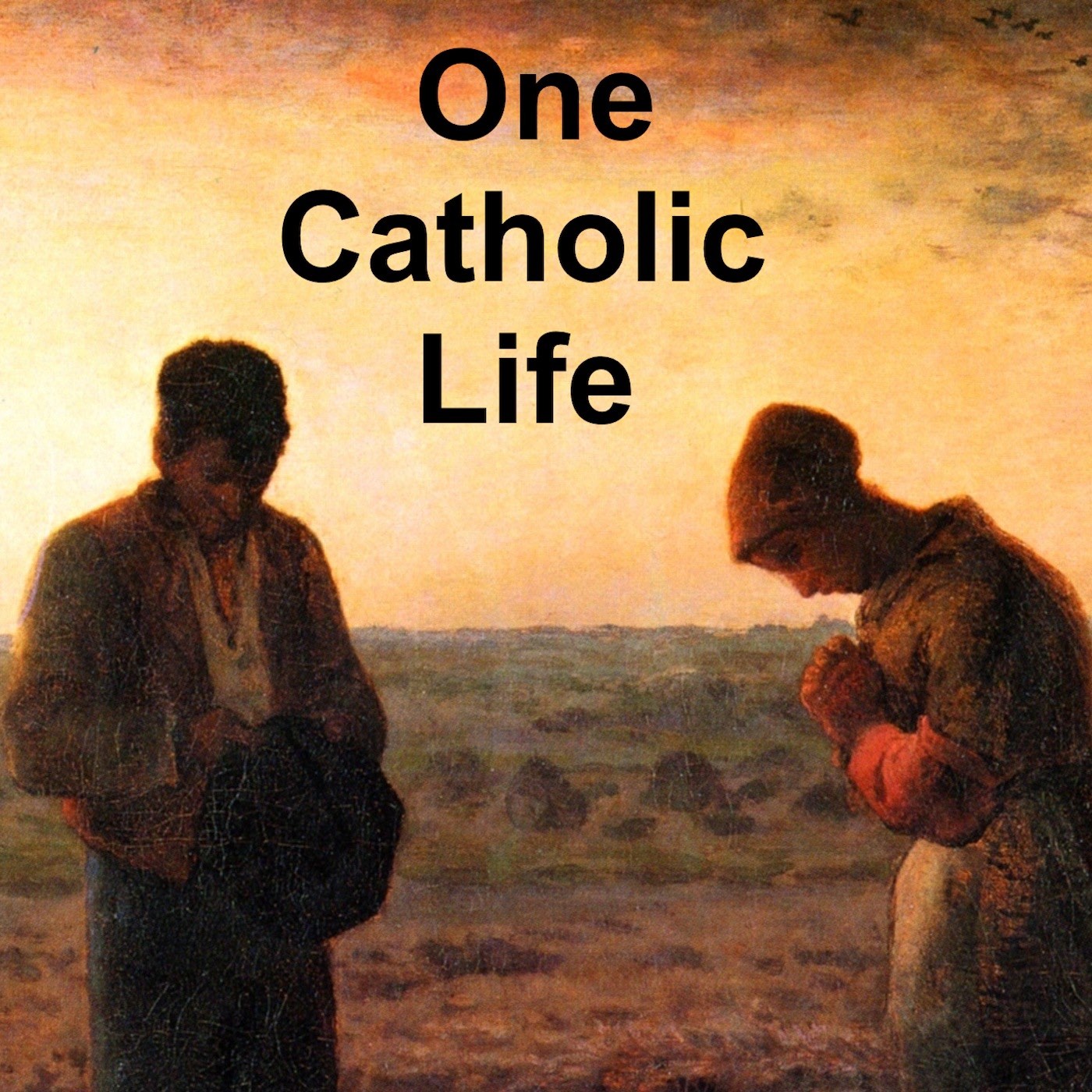The Rhythm of the Spiritual Life – Homily for the 5th Sunday in Ordinary Time – Year C
Description
All three readings today speak of the rhythm of the spiritual life. We see it at work in the lives of Isaiah, Paul, and Peter, each in a different context, but it’s the same rhythm. It’s a rhythm of dialogue, of back and forth, like a conversation. And it begins as all things spiritual begin, with God’s initiative.
God is always seeking us out, God is always trying to engage us in his divine life, and God always meets us where we are. God comes to Isaiah as a member of the royal family who has a vision. Jesus comes to Paul when he is on his way to Damascus to persecute more Christians. Jesus comes to Peter while he is on his fishing boat working. The rhythm of the spiritual life begins with God taking the initiative to seek us out in our particular walk of life. We can call this movement an encounter with the divine. The spiritual life begins with Encounter.
Encounters with God have a profound effect on us. Isaiah has a deep encounter with God in a vision of the Lord on a throne and angels crying “Holy, Holy, Holy.” What is the effect on him? He says, “I am doomed! I am a man of unclean lips.”
Paul has a profound encounter with Jesus on the road to Damascus. What is the effect on Paul? He says, “I am the least of the apostles, not fit to be called an apostle because I persecuted the Church of God.”
And Peter has an encounter with Jesus who shows him how to catch so many fish that his nets nearly broke. What effect does this have on Peter? He says, “Depart from me, Lord, for I am a sinful man.”
In each of their encounters with God, Isaiah, Paul, and Peter recognize something profound about themselves: “I am a man of unclean lips.” “I am the least of the apostles.” “I am a sinful man.” They recognize where they stand in relationship to God. An encounter with the divine strips away all the masks, the pride, the false faces we try to wear, the things we try to hide from ourselves, and brings us face to face with who we really are. The rhythm of the spiritual life moves from Encounter to Truth.
But thankfully the dynamic of the Christian spiritual life doesn’t end there. It’s healthy and essential for us to confront the truth about ourselves, but there’s more to the spiritual life than having a sense of how sinful we are. If the spiritual life ended there then we might risk sinking into despair.
But God doesn’t leave us there, and he doesn’t leave Isaiah, Paul, and Peter there. In the midst of realizing their own sinfulness, God offers his mercy and grace. The angels touch Isaiah’s lips and his wickedness is removed, his sin is purged. Paul, though the grace of God, is able to preach God’s word. And Jesus tells Peter not to be afraid, that from now on he will be catching men and women for the Kingdom. From Encounter to Truth to Grace and Mercy, we see in the scripture readings the rhythm of the Christian spiritual life. It moves back and forth from God’s initiative to our response. God seeks us out in an encounter; in that encounter we recognize our inadequacies and sinfulness; and God showers his grace and mercy upon us.
But there is one final movement to this spiritual rhythm, a movement that we can once again see in lives of Isaiah, Paul, and Peter. Through God’s grace and mercy, we are called to participate in his divine mission to encounter others. After his encounter with the purifying angles, Isaiah is able to respond “Here I am, send me!” After Paul encounters Jesus on the road to Damascus, he receives the grace to toil harder than all the other apostles in handing on the faith. And after Jesus tells Peter not to be afraid, Peter brings his boat to shore, leaves everything, and follows Jesus. The rhythm of the Christian spiritual life moves from Encounter, to Truth, to Grace and Mercy, to Service. These are the four movements of that rhythm: Encounter, Truth
More Episodes
We are given very powerful readings today,
powerful individually and powerful collectively.
And at the heart of them all is a line by St. Paul
in his letter to the Romans:
“…be transformed by the renewal of your mind,
that you may discern what is the will of God,
what is good and pleasing...
Published 09/04/23
Published 09/04/23
It’s a sad fact of history
that the largest religious community
that ever lived together in the same place
in the history of the Catholic Church
was at the Dachau concentration camp in Germany during World War II.
Over 2,500 Catholic priests became prisoners in Dachau,
in Cellblock 26,...
Published 02/13/23


